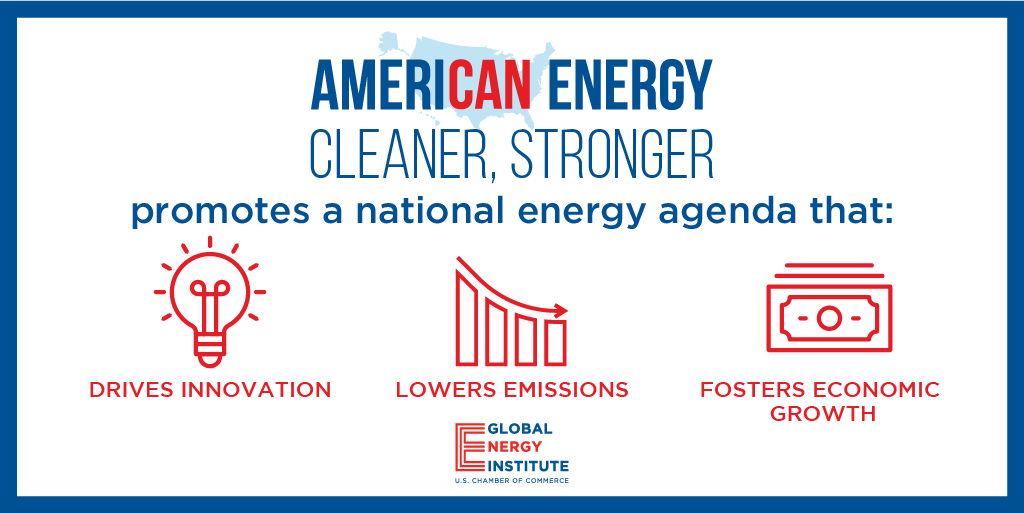As more and more liquefied natural gas (LNG) facilities come online across America, we would be remiss not to give due credit to the Federal Energy Regulatory Commission (FERC). After all, it’s FERC that puts the careful work into reviewing, analyzing and ultimately approving these projects, which benefit all Americans by creating jobs, injecting new revenue into the economy and improving global trade balances by providing low-priced natural gas to nearly 30 allies and trading partner countries.
Just today, FERC approved the certificates for two major projects – Driftwood LNG, a production and export terminal south of Lake Charles, La., and Port Arthur LNG, an export terminal in southeast Texas. These actions continue a pivotal year for the LNG industry, coming just a few months after Golden Pass LNG announced a final investment decision on their $10-billion project in Texas, which is expected to create 5,000 jobs during the construction phase.

At a time when the issue of climate change is increasingly part of the polarized political discourse, the approval of these projects is especially significant. The Commission deserves credit for rising above partisanship and reaching an important compromise that expanded its greenhouse gas analysis while also ensuring important energy infrastructure continues to get permitted. This is what Americans expect of its public servants, but do not receive often enough.
The Global Energy Institute continues to advocate for finding reasonable paths forward to address climate change, and natural gas and LNG are a critical part of the equation. Increased use of natural gas in the United States has contributed significantly to lower greenhouse gas emissions, while it also serves as the ideal complement to renewable energy generation like wind and solar, which can be intermittent. Exporting LNG enables other countries to realize similar environmental benefits.
Earlier this month, we launched of our “American Energy: Cleaner, Stronger” initiative, outlining our commitment to supporting national energy policies that drive innovation, lower emissions and foster economic growth. This “cleaner, stronger” agenda, driven in part by natural gas and LNG, continues to help America and the world address climate change through realistic solutions – and American voters are on board.

Through a recent poll of 1,000 likely 2020 voters, we found broad, bipartisan support for energy policies that focus on leveraging America’s natural resources for maximum benefit, while using technology and innovation to continue environmental progress. The LNG projects approved by FERC fit squarely into that description.
Meanwhile, several LNG projects are currently stalled or have been cancelled altogether, thanks to the relentless protests of “Keep it in the Ground” activists. The cancellations of the Port Ambrose LNG project and the Oregon LNG Terminal together cost $4.7 billion in GDP impact and more than $1 billion in tax revenue, in addition to more than 40,000 potential jobs. And the four-year delay of the Jordan Cove LNG project in Oregon has already cost billions in lost GDP impact and tax revenue.
While the loss of these projects may be viewed by some as a “win,” we are encouraged by the FERC approvals of Driftwood LNG and Port Arthur LNG – and we’re hopeful that we will see more of the same in the coming weeks as we continue an American “cleaner, stronger” energy agenda utilizing reasonable climate solutions that lower emissions, foster innovation and drive economic growth.

